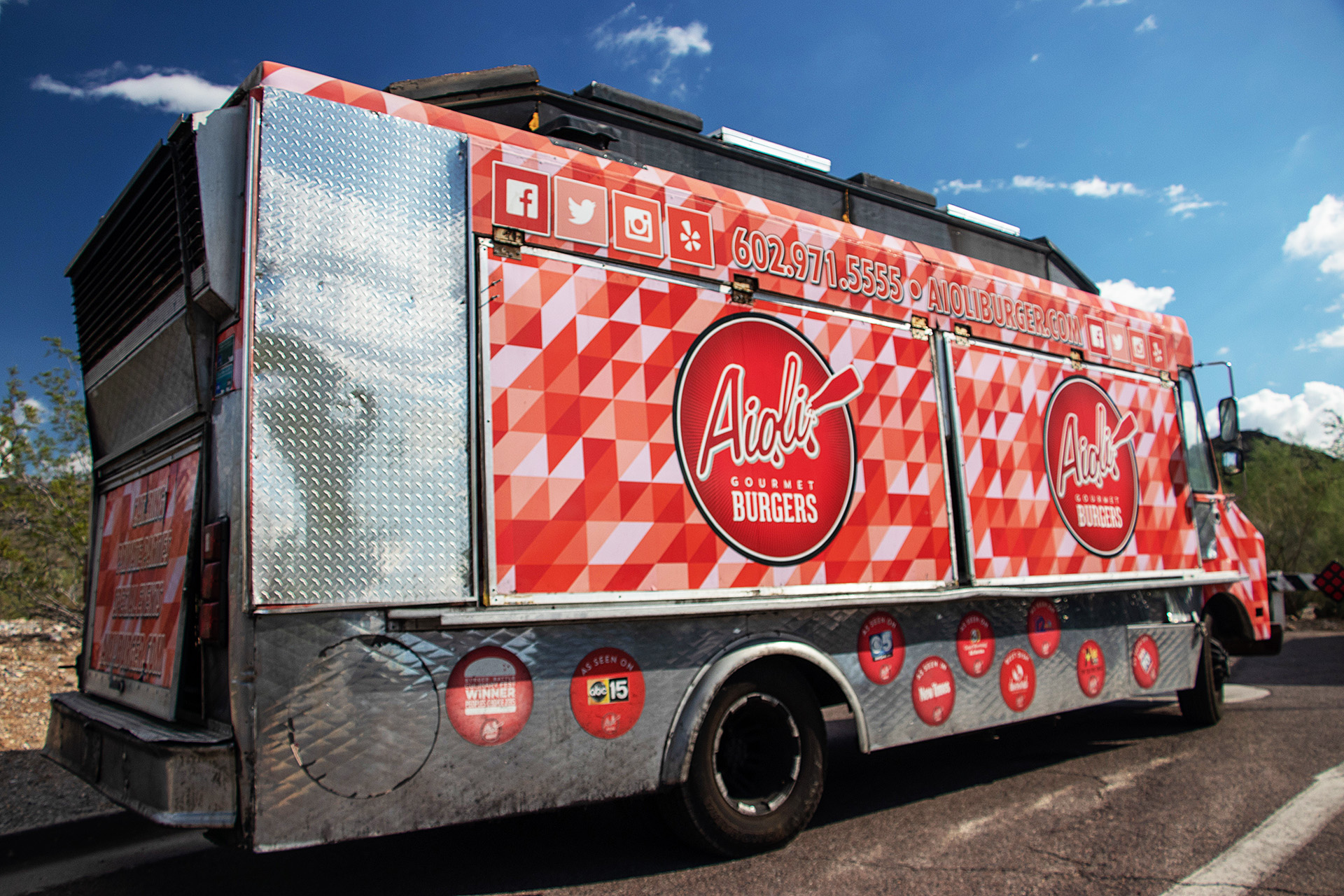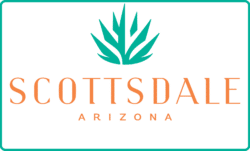Checklist: 10 Things to Know About Hosting Food Trucks at Your Event. From corporate meetings to employee appreciation events to music festivals, many events are opting to use food trucks for catering services. Some are run by dedicated food truck operators, while established restaurants and hotel catering departments have launched their own food trucks for events. Hiring a food truck brings its own set of logistical challenges. Here’s what meeting planners need to know to have a seamless food truck experience.
1. Obtain all necessary permits and insurance.
Organizers should make sure food trucks have the necessary permits and insurance to operate. Planners should also have insurance that covers any potential mishaps at an event, which may be trickier than it sounds. “It differs so much with every city, county, and state,” says Jan Levine, owner of JSL Meeting & Event Group, which is based in Raleigh, North Carolina, and Charleston, South Carolina. “For example, Raleigh will only allow food trucks on private property. You can’t bring a food truck on public property. Whereas 15 minutes down the road they welcome them.”
2. Read your contracts carefully.
There is no one standard contract for food trucks, and juggling the details can be challenging when hiring multiple food trucks for one event. “We are managing all these independent business owners and their contracts so our client has a great event,” Levine says. “Their contracts are all different. There are a lot of details, and you could get burned if you don’t know the right questions to ask.”
3. Determine where the food truck will be located at the venue.
Not all venues lend themselves to food truck catering. Willy’s Mexicana Grill, a fast-casual chain of restaurants in the Atlanta area, advises event planners that its truck cannot climb hills with 30 percent grade or higher so as not to ruin the back end of the truck. “It is low with all the equipment it holds inside and we’d rather be safe than sorry,” says Brenda Hurley, vice president of sales and catering.
Once on site, the truck has practical requirements for its location. “One of the lessons we learned early in the food truck business is after a rain storm, don’t let a guest talk you into parking in their grass,” Hurley says. “Two tow trucks later and at 3 a.m., we finally got the truck out of their yard.” Levine, who has set up food trucks at venues as diverse as public parks, parking lots, and corporate headquarters, likes to arrange food trucks along the perimeter of the event. She says they should not compete with the focal point of the event.
4. Choose the menu carefully.
Levine recommends streamlining the food truck’s usual menu at events, or even asking for new dishes. “You still look at it just like you would if you were a caterer,” Levine says. “You need to customize the menu options. When you’re thinking about menu and theme, some food truck companies will be flexible and work with you in any way, and others say, ‘This is what we do, take it or leave it.’” Willy’s offers custom menus for events. “If there is something we don’t offer, just ask. We could probably make it happen.”
5. Calculate how much food you will need.
One of Levine’s key questions for food truck operators is: “How many people can you feed in X amount of time?” The answer will let planners know how many food trucks they will need. Willy’s food truck has catered events ranging from 50 people to 3,000 people and has learned to bring extra food just in case. “We always bring a buffer,” Hurley says. “With the refrigerator space we have in our food truck, we load up we have never ran out of food. We always come prepared.”
More about Food Trucks
6. Use food trucks strategically.
Another strategy is to use food trucks in combination with a traditional caterer. For example, Levine may hire a food truck from a notable barbecue pit master and then hire a caterer to provide side dishes. Another possibility is to hire a traditional caterer for a meal but then add on an array of specialty food trucks for craft beer service or desserts.
7. Figure out when food trucks should arrive.
“I want the truck there an hour in advance,” Levine says. “The beauty of some of these trucks is, you’re curating the freshness right there. It’s made to order, not sitting in a chafing dish somewhere. They need to have come already prepped, or they will need to get there in enough time so when the bell rings they’re ready to take orders and start serving.” The extra hour gives operators enough time to set up any signage, canopies or overhangs, or trash cans.
8. Spell out what you want—and don’t want—trucks to provide.
Should organizers create custom signage to identify the food truck and display the menu, or should the food truck operator provide that? If hiring more than one food truck, should the host provide plates, napkins, and other items for a consistent look? Willy’s food truck has its own stereo system and can provide music—but planners might not want that to compete with a DJ or live band.
9. Devise strategies to keep the line moving.
An event’s host should consider streamlining a food truck’s full menu for large events to prevent guests from waiting in line. If lines form, Levine suggests planning entertainment such as roving performers to distract guests. Another strategy is to have food truck staff offering samples of items to guests in line.
10. Decide who will handle trash and cleanup.
Some food trucks bring trash cans while others do not. “I’d like to think that they bring trash cans, but I usually have them,” Levine says. “You would rather have more than not enough trash cans.”





















